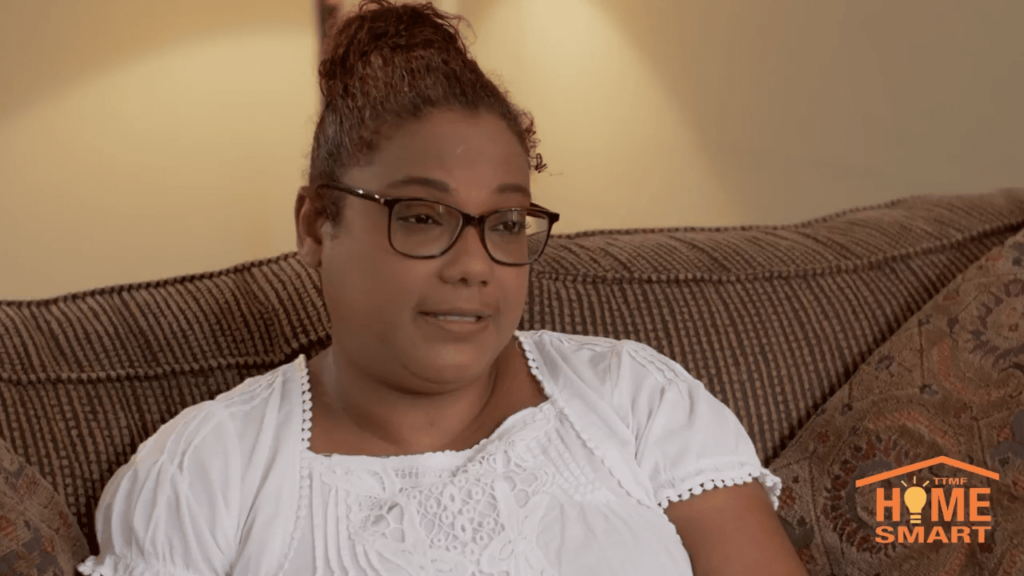Congratulations, you have just been pre-qualified to buy or build your home. You have a rough estimate of your price range. But, is everything going to fall into place?
Mortgage pre-qualification is the first step towards your dream, but there is much more to be done. Pre-qualification is not a binding agreement. It is simply something you can use to gauge your buying capability.
This month, we provide you with a straightforward guide on the things to consider or avoid after pre-qualification. We assure you, after this, you will be going from a pre-qualified buyer to a homeowner, the simple and smart way.
Firstly, it must be repeated: Pre-qualification is the preliminary step in the mortgage process, where a lender may check your basic information like age, income and existing financial commitments. At TTMF, our pre-qualification process usually provides you with a Pre-Qualification Certificate at the end which tells you the amount you can borrow. But after you are pre-qualified, your next step is to identify the property that you wish to purchase within your prequalification amount to begin the mortgage application process. This is an in-depth process that goes deep…all the way to eventually having an offer of financing from the lender. Ideally you should identify the documents required for the TTMF Mortgage Finance Appointment and then proceed to book an appointment with an officer. You will need to have all your documents available for the appointment, along with the completed mortgage application form. You can submit these documents either in-person, via fax, email or via post.
But understand this: although you have pre-qualified and are moving to the second stage – the mortgage application stage – you could run into problems if, for example, there is a judgement on the seller or there isn’t clear title of the property. This can cause a delay or even a denial of the mortgage loan. The lender at this point may want additional documentation from you. Actually, neither the mortgage application process nor pre-qualification is a guarantee that you will get a home loan. Confusing, right?
To have finalised the mortgage application phase successfully and issued an offer of financing means that we have investigated your credit history and determined that you would be a suitable candidate for a mortgage or offer of financing. You will know upfront what kind of loan you will be approved for, and the specific period of time the assessment is good for, which is usually between 90 to 180 days. Learn more about TTMB’s 2% mortgage programme or 5% mortgage programme.
Secondly, if you are applying with a spouse or other co-borrower whose income is needed for you to qualify for the mortgage assessment, both applicants will need to list financial and employment information. You will also need to provide extensive documentation of job history, assets, liabilities and more. Self-employed buyers may need to provide additional documentation.
Thirdly, if at this point you have had some difficulty in getting a mortgage, going through the mortgage application process can actually help you identify your credit or any other issues, and potentially give you time to address them. You will also have more time to save money for a down-payment and closing costs.
Finally, be aware that changes in your financial situation can affect the mortgage application process and your offer of financing. For instance, if you are at this stage and looking to change jobs or buy something expensive, you should definitely wait until after closing.
Do not do the following:
- Take out any new debts or make big purchases
- Change careers or switch jobs.
- Make any big life changes that could put your financial capabilities in question.






